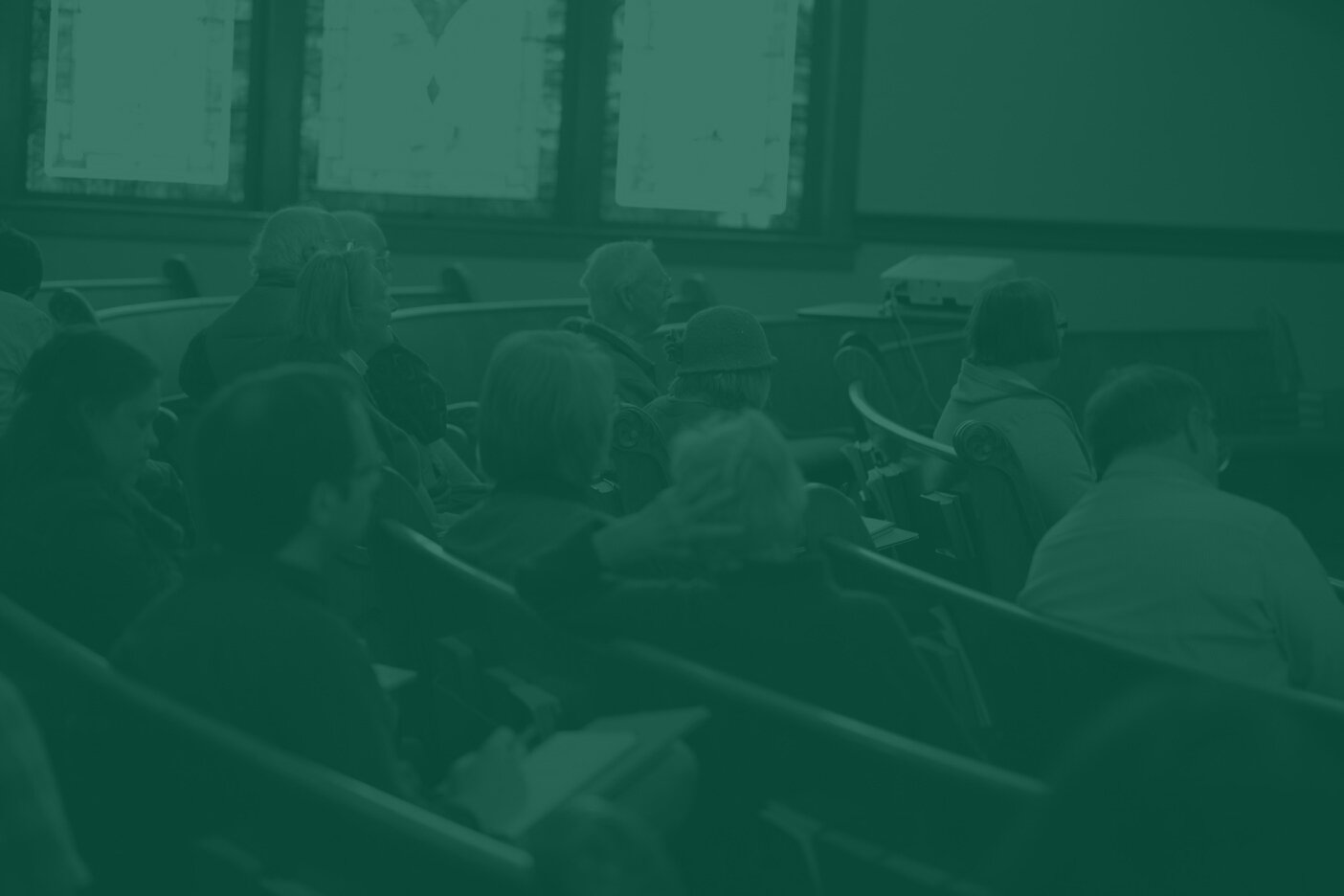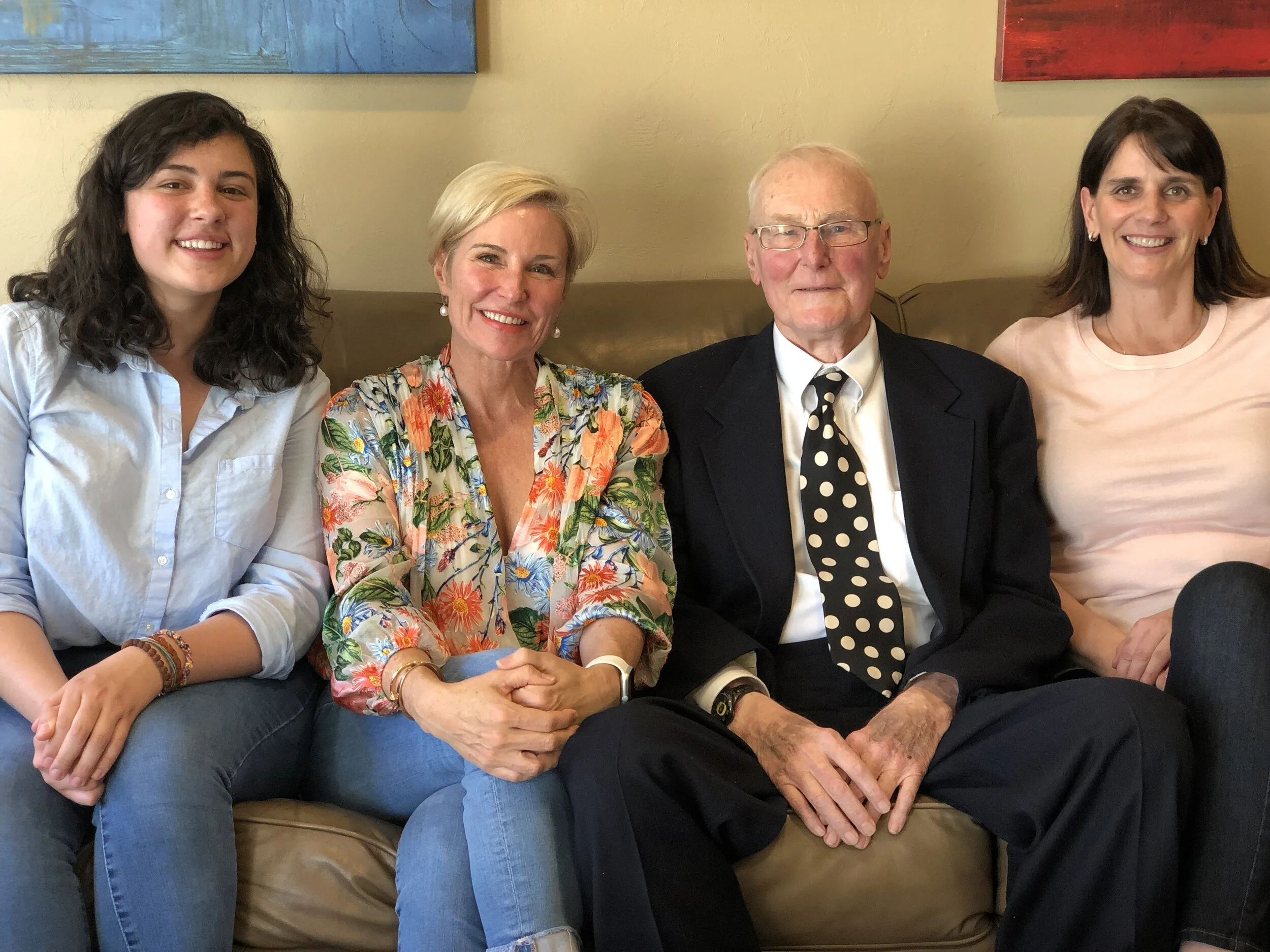
A planned gift can benefit you, your loved ones, and your faith community.
Are you a church leader who needs help spreading the word about planned giving opportunities? Keep scrolling. We’ve got stuff just for you.
teaching your congregation about planned giving helps them to be generous.
-

workshops
Faith Foundation offers free planned giving workshops when we’re invited. These can happen in person, or via whichever videoconference system your people are used to.
-

gentle reminders
Planned giving education is a marathon, not a sprint. Churches that schedule a few “gentle reminders” each year are more likely to receive planned gifts. We’ve got word-for-word scripts to make it easier.
-

Sample bequest language
If someone wants to include your church in their will, they may ask you what language to use. Download a brochure to share with them— it includes sample bequest language.
Turning property into a gift can reduce tax liability while increasing income and supporting ministries.
Donors can give to a ministry and receive a reliable income for the rest of their life
Fostering a new conversation about money among people of faith. Videos you can use in your church.
Share this link so congregants can download a free estate planning guide.
Use the calculators on our website to view a presentation of a particular gift's estimated income and tax benefits.
Faith Foundation acts as a satellite Planned Giving office for all of the United Methodist-related congregations in Oregon, Idaho, Washington, and Alaska. We offer free planned giving workshops when we’re invited. These can be in person, or online.
Use these one-liners promoting different types of gifts on your socials, website, newsletters, emails, or letters. Or use them to inspire some of your own.
There are a number of ways you can make a bequest. Update your website or link to our sample bequest language to share examples of what to include in a will.
The best way to help your church receive more major gifts and bequests is to give your congregation consistent, gentle reminders. You should aim to remind your members at least once per quarter. Here are nine easy ways to do it.
Cesie Delve Scheuermann shares examples, templates, and inspiration to help you create the perfect thank you.
Got an endowment or planned giving committee that’s spinning its wheels, or ready to take things to the next level? We’ve got a resource for that. This handbook was developed by the National Association of United Methodist Foundations, and it’s designed to help committees meet their disciplinary mandate to promote planned giving.
Articles about planned giving
Faith Foundation Northwest is thrilled to announce a new mini-grant program, through which faith communities in Alaska, Idaho, Oregon, and Washington are eligible to apply for $1,000-$3,000 of unrestricted funding to help them carry out their missions. Applications are due September 30, 2024.
Emily Leslie was a faithful United Methodist her entire life. Her faith was forged and nurtured in her younger years at White Salmon UMC. She raised her family at Pioneer UMC in Walla Walla. Emily earned her teaching certificate, bachelor’s, and master’s in education all from Central Washington University and spent 33 years as teacher, retiring in 1986 from the Walla Walla School District. She spent her last years connected to First UMC Pasco. In 2016, Emily contacted the Foundation about setting up a Charitable Gift Annuity.
Dear Foundation,
I want to give money to my church for a specific project, but I’ve been holding on to it because our current pastor doesn’t share my priorities and won’t spend it the way they should. How can I make sure that my gift gets used for its intended purpose? Do I have to wait until we get a new pastor? Or is it best to put this kind of gift in my will?
This is a tough one. Giving is easier when there’s a common vision. I’m sorry you’re having this experience.
As you plan ahead for stewardship season, we hope you’ll find time to be intentional about celebrating All Saints Day. This is an opportunity to provide pastoral care for families who have lost loved ones, and it’s also a time to lift up and celebrate the ways in which our ministry continues to be enriched by members who have gone on to glory. Done well, it becomes a gentle reminder about the opportunity for bequest giving.
Our friends and colleagues at the Mountain Sky United Methodist Foundation have developed a comprehensive resource for All Saints Day. This resource includes templates for letters to the families of the saints, worship elements, bulletin inserts, and more. You can download it in either PDF or Word:
Doug McKay’s life runs parallel to Wesley UMC. His parents were founding members. When he was a teen, the church met in a schoolhouse. As he started his own family, Wesley UMC grew with them, building its own sanctuary and filling it with children’s laughter.
Dear Foundation,
Our church just received an undesignated bequest. We’re thrilled, but we don’t have a policy in place about what to do with it! It will probably take us a while to decide, and we don’t want to miss out on interest that we could have earned during our discernment process. But if we put it in our endowment, does that prevent us from spending the principal in the future once a decision has been reached?
Congratulations on receiving a bequest-- your ministry obviously had a big influence in the donor’s life. Undesignated funds can be a huge blessing. As you described, they also force your church leadership to do some discernment together. You’re wise to want to understand all your options at the beginning of this process.
Most planned gifts don’t benefit the church until after a beloved member passes away. But as we enter a time of year associated with generosity and giving thanks, you should be aware that there are other types of planned gifts that can benefit your church immediately. These gifts can also have great tax advantages for the donor. If one of your members wants to make a planned gift whose impact they can see during their lifetime, here are three options to consider.
Harland and Rose kept the money they earned in a household account. As a banker, Rose managed the family finances with precision. Harland, a WWII Navy veteran and carpenter, thrived on the art of the deal. He had a keen eye for fixer-uppers. Any money he earned moonlighting he invested in houses, property, and cars. They made a good pair: the conservative banker and the hardworking risk taker.
Their son Randy remembers sitting between the two of them in a church pew as a teenager in the mid-1960s…
We all know that planned giving is important for your church’s finances. Aside from regular, gentle reminders, the best way for your church to receive a planned gift is to ask for it. Over the past few months, we’ve shared how to identify top prospects and how to prepare to make an ask. (If you missed either of those articles, take a quick look and come back.) Now it’s time for our final article in this series, which shares our roadmap for the meeting in which you directly ask for a planned gift.
If you’ve ever felt nervous about asking for planned gifts for your church, you’re not alone. But it can make such a big difference to your ministry that it’s worth pushing through the discomfort and doing it anyway. Following a tried-and-true system can make it easier. Once you’ve identified good prospects for planned giving, here are seven things you can do to set yourself up for successful asks.



























